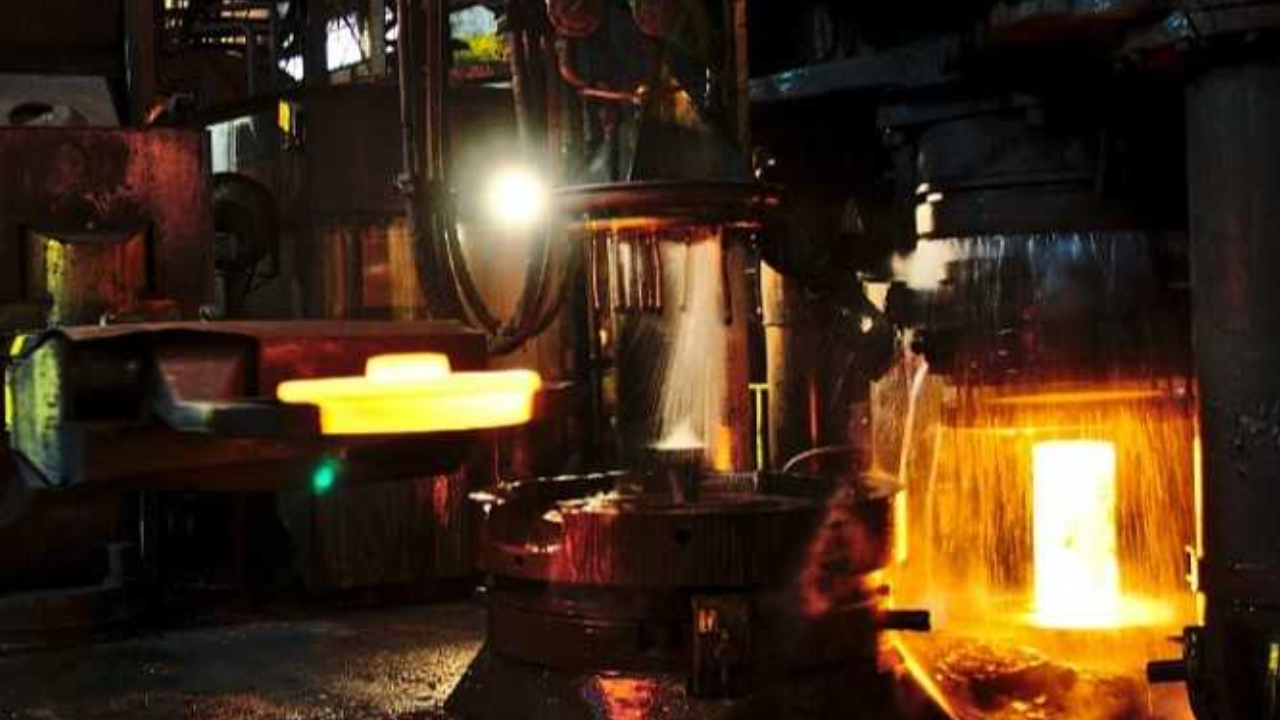In the complicated dance of internal combustion engines, connecting rods serve as the critical link between the piston and the crankshaft, conveying power created by combustion to drive the engine's rotation. Forging has evolved as a superior process for creating connecting rods, delivering various benefits that significantly impact engine efficiency.
Forged connecting rods are known for their extraordinary strength due to the forging process, which aligns and refines the grain structure within the metal, assuring robustness against the severe forces encountered during engine running. This strength, combined with more excellent durability and fatigue resistance, improves the life of the connecting rods, contributing to the engine's overall reliability.
Precision, weight savings, heat resistance, and compatibility with performance modifications contribute to the importance of forged connecting rods in optimizing engine efficiency, balance, and responsiveness. The forged connecting rods components, as the heartbeat of internal combustion, exhibit the union of metallurgical beauty with technical accuracy, laying the groundwork for increased power, durability, and performance in automotive and industrial applications.
Considerations for Choosing Forged Connecting Rods
Choosing the appropriate connecting rods is an integral part of engine development, and forged connecting rods have gained favor due to their longevity and strength. These components are crucial to an engine's overall performance and reliability. Will look at the essential aspects to consider when selecting forged connecting rods to ensure the best engine performance.
Material Selection
When selecting forged connecting rods, material selection is critical. Steel alloys such as 4340 or 300M are standard materials. 4340 steel provides a good balance of strength and affordability, making it a popular choice for various applications. 300M steel, on the other hand, delivers greater strength but at a higher cost. The material should be chosen with the engine's intended usage, financial constraints, and desired performance qualities.
Weight
The weight of connecting rods significantly impacts engine performance and dependability. Lighter connecting rods help the engine rev more freely, boosting responsiveness. However, striking a balance is critical, as extremely light rods may affect strength and durability. To establish the ideal weight for the connecting rods, engine builders must examine elements such as the type of racing or driving circumstances the engine will endure.
Strength and Durability
Forged connecting rods are reputed to be stronger than their cast counterparts. However, strength varies within the area of forged rods. Engine manufacturers must examine their engines' unique power and torque demands to guarantee the connecting rods can handle the strains placed on them. The tensile and fatigue strength of the material, as well as suitable heat treatment, contribute to the overall durability of the connecting rods.
Balancing and Precision
Balancing is essential for reducing vibration and maintaining smooth engine operation. To maintain consistent weight and dimensions, forged connecting rods must be made with precision. Engine builders should look for connecting rods that have undergone rigorous quality control methods, such as precision machining and balancing, to ensure uniformity and reduce the chance of imbalance concerns.
Coating and Surface Treatment
Surface treatments and coatings can enhance the durability and longevity of forged connecting rods. Many connecting rods undergo processes such as shot peening to relieve stress concentrations and improve fatigue resistance. Coatings like nit riding or DLC (diamond-like carbon) can also reduce friction and wear, contributing to improved overall engine performance and longevity.
Brand Reputation and Reviews
When choosing forged connecting rods, examining the manufacturer's reputation is critical. Established brands with a track record of manufacturing high-quality engine components are more likely to supply dependable and consistent products. Reading customer evaluations and asking experienced engine builders for recommendations can provide significant insights into the performance and durability of various connecting rod models.
Sum Up
Choosing the correct forged connecting rods is a critical decision that can significantly impact engine performance and dependability. Engine builders can make informed judgments that match the specific requirements of their application by carefully evaluating factors. Putting time and effort into selecting the right forged connecting rods will help an engine succeed, whether for racing, high-performance street use, or other demanding applications.


